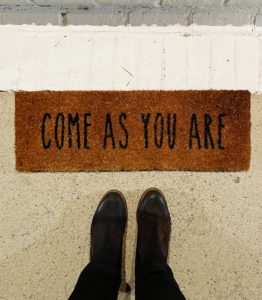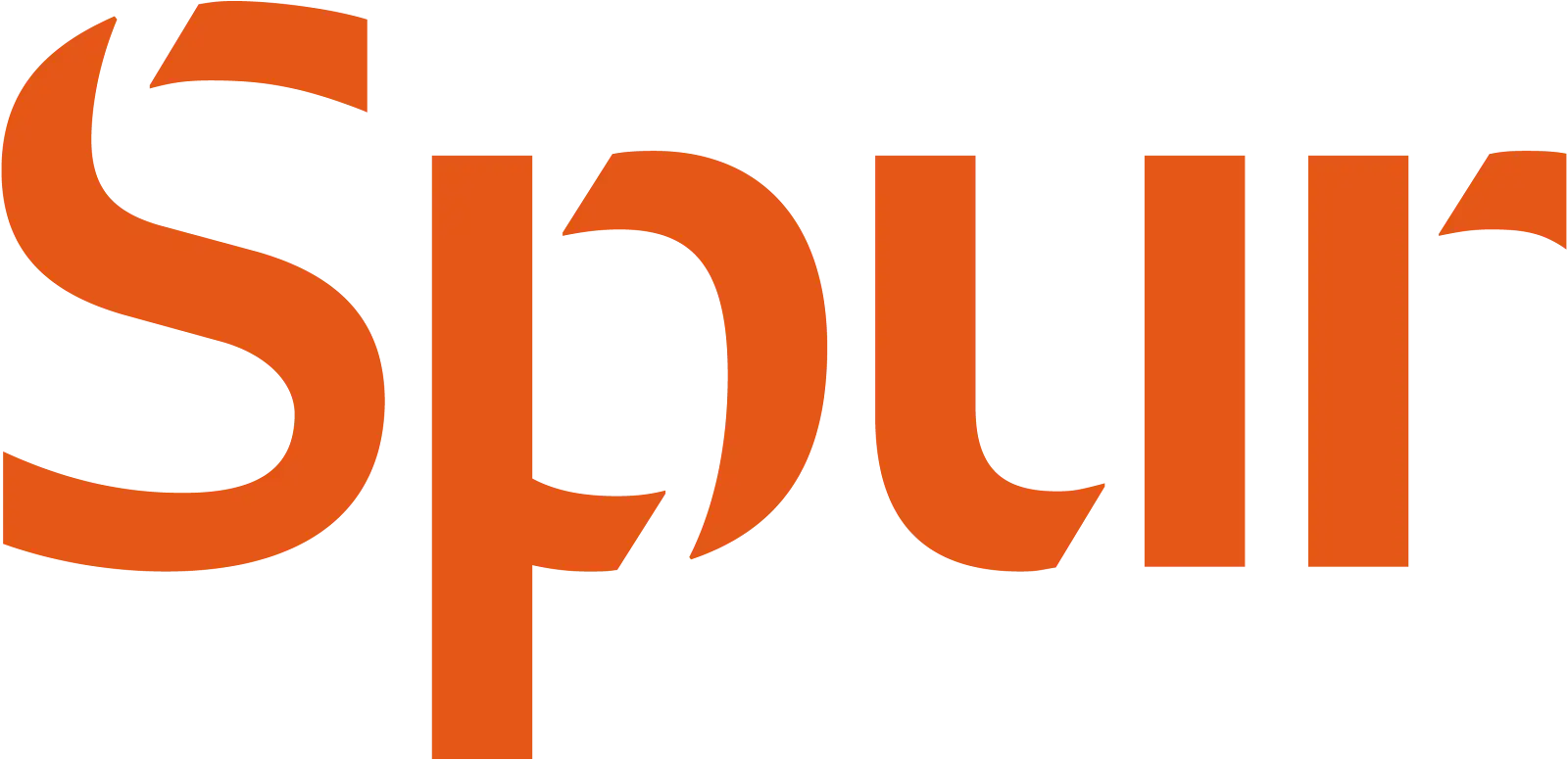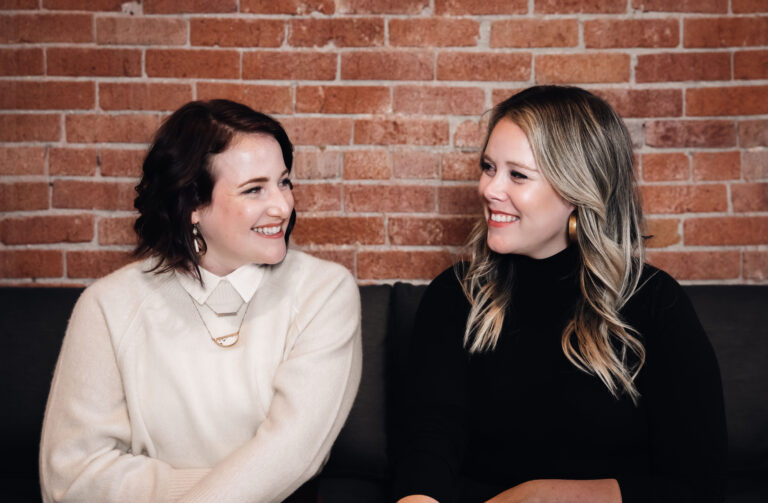Given the diversity of our community, it’s remarkable that – at our core – we crave so many of the same things. Visibility. Inclusion. Safety. No matter our different abilities, we all need to feel seen and supported as we move through the world.
We’ve come a long way in our collective understanding of ability. Physical, mental and cognitive differences used to be framed solely as a fixed deficit. Thanks to the work of ability activists, we’ve overcome this narrow and disempowering approach. Today we understand we all have abilities, different abilities, and changing levels of ability throughout our lives.
more than meets the eye
 Disability often cannot be deciphered at a glance. Invisible disability, or hidden disability, describes differences in ability that are not immediately apparent. These can be neurological or can include common conditions like hearing or vision loss. A person who corrects vision loss with contact lenses has an invisible disability, as does someone living with attention-deficit hyperactivity disorder (ADHD). For good reason, we are shedding labels that divide us. Instead, we are striving for greater empathy and fewer assumptions to build more genuinely inclusive spaces.
Disability often cannot be deciphered at a glance. Invisible disability, or hidden disability, describes differences in ability that are not immediately apparent. These can be neurological or can include common conditions like hearing or vision loss. A person who corrects vision loss with contact lenses has an invisible disability, as does someone living with attention-deficit hyperactivity disorder (ADHD). For good reason, we are shedding labels that divide us. Instead, we are striving for greater empathy and fewer assumptions to build more genuinely inclusive spaces.
Our #buildbetterconversations series aims to provide humble guidance on writing and speaking in more inclusive ways. Empathetic and thoughtful approaches are critical to ensuring people with different abilities (or disabilities, if they choose to identify this way) feel the way we all want to feel: welcome, safe and respected.
known and emergent best practices
The Province of B.C. has developed guidelines on inclusive language and best practices when referring to persons with disabilities. Humber College also has a helpful inclusive media and style guide (PDF download). We also encourage you to seek the resources available from the Autism Society of British Columbia, the BC Centre for Ability, Inclusion BC, Community Living BC, the Rick Hansen Foundation, and the BC Aboriginal Network on Disability.
Across this sector, we have gathered traditional and emergent best practices for writing and speaking about different abilities.
- Do not use outdated terms that are now offensive slurs. Period.
- Do take a people-first approach. For example, do not say “disabled person.” Instead, say a person with a disability, different ability, or invisible disability.
- Do not focus on ability inappropriately. Do not refer to someone’s abilities unless it is relevant to the topic at hand. If it’s not pertinent, leave it out.
- Do honour personal preferences. Ask the person you are writing or speaking about how they wish to be described – and honour their wishes.
- Do not portray a person or their accomplishments as exceptional. This inadvertently implies that a person with a disability lacks or has minimal skills, talents, or gifts.
- Do use the appropriate terminology. For example, do not say someone “has Aspergers” when they are on the autism spectrum or have an autism spectrum disorder.
- Do not use negative phrases. Avoid words like “afflicted with,” “victim of,” “troubled with,” “suffering from,” and so on. These take an unnecessarily negative tone that might not reflect a person’s lived experience.
start with empathy
If you do not live with a disability, have you ever felt alienated by an offhand remark? Perhaps someone said something unintentionally cruel they didn’t know applied to you or your life? We all know what it’s like to feel alienated by another’s words. It doesn’t take much to change how we speak and write to be more inclusive of folks with different abilities. Start with empathy. Assume nothing. And above all, aim to include everyone.
Call us in. What did we miss in our list of dos and don’ts? What other resources have you found helpful? Let us know.
Photos by Alex Block and LOGAN WEAVER on Unsplash.
Update: We’ve heard from our community that some people embrace the term “disabled” and that modern language that side-steps disability (e.g. “differently abled”) just doesn’t resonate. This is why tip #4, embracing personal preferences, is so important. Thanks for calling us in, team. Keep the comments coming.



